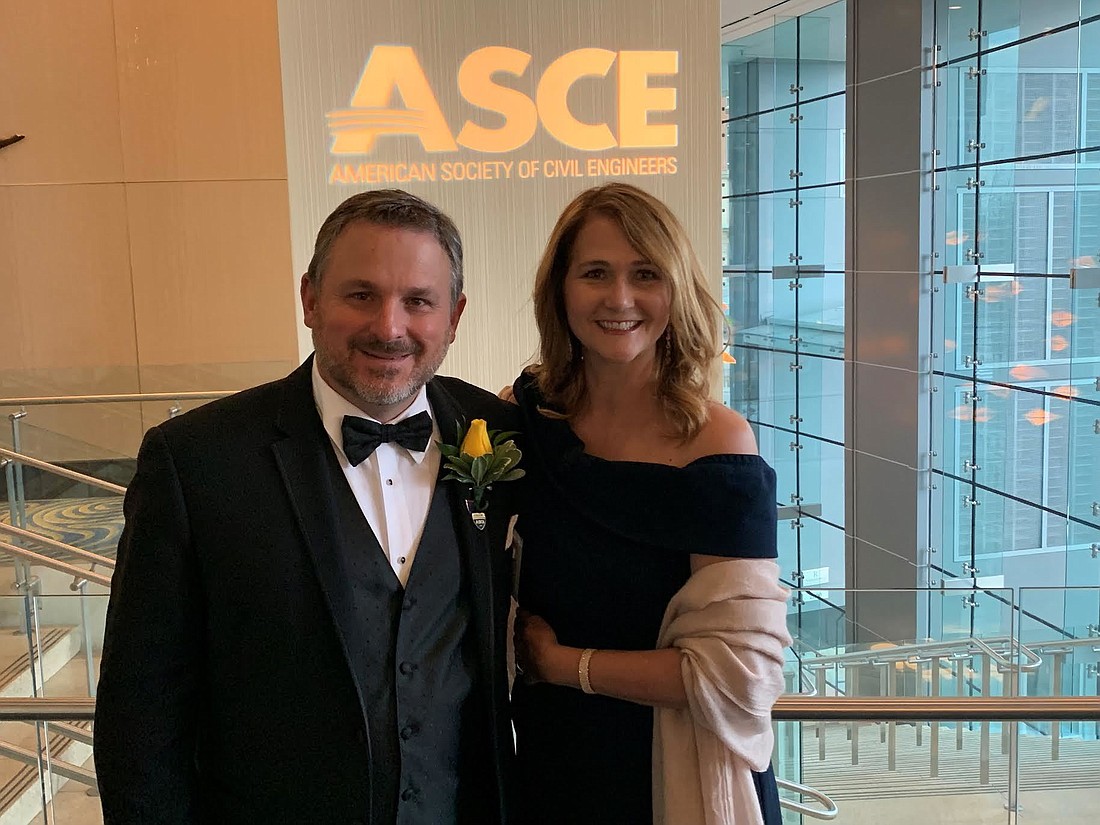- April 19, 2025
-
-
Loading

Loading

It was not the answer I expected.
Many times I have gone to the golf course as a single because I love meeting interesting people. The range of occupations and personalities can be fascinating.
Along the way, I picked up a sarcastic line when it came time to ask about a person’s occupation.
“So are you a nuclear physicist?” I would ask with a chuckle.
Two of my playing partners looked back at me with a surprised expression. “Well, yes, we are.”
They worked at the Lawrence Livermore National Laboratory, which has a mission of strengthening the United States’ security through development and application of world-class science and technology.
In other words, as they said, “We make bombs.”
It was just one example of the interesting company you run into on a golf course. I met a national skeet shoot champion, several prisoners of war, politicians and a guy who owned a parking lot owned by boxing champion Jack Dempsey. I played in Boston with a New England radio personality. At one point he asked me to flip him his putter and, of course, it hit him in the ... throat.
He was OK.
Since golf is a four- and five-hour game, you get to learn a lot about someone. And that was the case when I played 18 holes a week ago with Bryan Veith at Heritage Harbour Golf & Eatery.
Veith, a Greenfield Plantation resident, is a regular at Heritage Harbour, so you might run across him yourself. I had met him last October when I had written a story about his wife, Julie, who has beaten breast cancer but still is fighting some of the after-effects. Bryan and Julie have started the Play for Pink Fundraising Golf Tournament in October to raise money for research and awareness for the Breast Cancer Research Foundation.
Being on a golf course, however, gave me the chance to get to know him.
I knew Veith, who has a bachelor’s degree from the University of Florida and a master’s from the University of South Florida, is a civil engineer, but I certainly didn’t know what that entailed. On March 14, he was named a Fellow by the American Society of Civil Engineers. Over a 25-year career he has served in many roles, including principal in charge, project manager and project engineer. His expertise covers potable water, wastewater, reclaimed water, stormwater, integrated water resources, and groundwater projects, including both advanced treatment and pumping stations and pipelines.
Considering our area’s problems with aging and deteriorating stormwater systems and the thought that it is feeding red tide, this was getting interesting.
I asked Veith about his favorite projects over the years.
In 1993-94, he worked on the engineering of Sarasota County’s electrodialysis reversal water treatment plant, which processes 12 million gallons per day and is the largest in operation in the United States. The T. Mabry Carlton Jr. plant included storage tanks, 11 production wells, an access road and a 7-mile raw water transmission pipeline.
In 2000-2001, he was the project manager and civil engineer for North Port’s Narramore Sports Park in developing a new “greenfield” 6.6-acre athletic park, including a stormwater management system, and wetland system.
From 2017-2019, he was the civil engineer of record and project manager who developed the engineering concepts for an innovative integrated “1Water” project in the Central Florida Water Initiative area — the Lake Eva and Lake Henry Restoration for Haines City. He had to improve Lake Eva’s water quality and improve flood protection within Lake Henry.
There were others, but I got the point. This is a man who knows his stuff. Even so, a lot of the engineering concepts were way above my head. I’m just a guy trying to make a par. So right on the golf course, I wondered if there was something he could leave me with. How about a few water quality tips for a local resident?
He offered these.
n Strictly follow Manatee County’s residential fertilizer ordinance, which is available at mymanatee.org if you are unfamiliar with it. That will reduce the potential for nutrient-laden (nitrogen and phosphorus) runoff into our aquatic environment.
n Only flush toilet paper and not medicine, wipes, and other objects to help prevent clogged pipes, raw sanitary sewer overflows and stress on treatment plants.
n Financially support investments in our local infrastructure. “Do you ignore investing in keeping your body healthy, your car running, and your house’s critical assets in acceptable condition?” he asked. “No. Let’s keep that same principle in mind for supporting the funding in our local infrastructure.”
n Do not open your sanitary sewer clean-out to relieve yard flooding. The sanitary sewer system capacity is not sized to handle this extra flow, therefore sanitary sewer overflows are possible.
Wow, it wasn’t a pair of nuclear physicists, but all in all, a good day on the golf course.